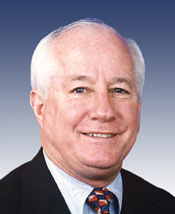A Quote by Emily Dickinson
His Labor is a Chant - His Idleness -a Tune - Oh, for a Bee's experience Of Clovers, and of Noon!
Related Quotes
Once upon a time there was a bear and a bee who lived in a wood and were the best of friends. All summer long the bee collected nectar from morning to night while the bear lay on his back basking in the long grass. When winter came the bear realised he had nothing to eat and thought to himself 'I hope that busy little bee will share some of his honey with me.' But the bee was nowhere to be found - he had died of a stress induced coronary disease.
The master in the art of living makes little distinction between his work and his play, his labor and his leisure, his mind and his body, his information and his recreation, his love and his religion. He hardly knows which is which. He simply pursues his vision of excellence at whatever he does, leaving others to decide whether he is working or playing. To him he's always doing both.
Once in his life, a man ought to concentrate his mind upon the remembered earth, I believe. He ought to give himself up to a particular landscape in his experience, to look at it from as many angles as he can, to wonder about it, to dwell upon it. He ought to imagine that he touches it with his hands at every season and listens to the sounds that are made upon it. He ought to imagine the creatures there and all the faintest motions of the wind. He ought to recollect the glare of noon and all the colors of the dawn and dusk.
If he [Thomas Edison] had a needle to find in a haystack, he would not stop to reason where it was most likely to be, but would proceed at once with the feverish diligence of a bee, to examine straw after straw until he found the object of his search. ... [J]ust a little theory and calculation would have saved him ninety percent of his labor.






































